Speakers
(in alphabetic order by surname)
Grant Blackwell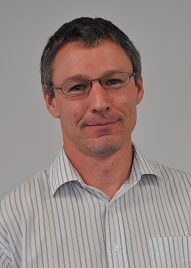
Principal Science Adviser
New Zealand Parliamentary Commissioner for the Environment
Grant Blackwell is the Principal Science Adviser for the Parliamentary Commissioner for the Environment. He has an Honours Degree in Animal Science and a PhD in Ecology from Massey University has held positions at the University of Sydney and Otago University. Much of his research experience has focused on sustainable land and water use in production landscapes, and he has worked with land managers, researchers and regulators in Australia and New Zealand. In his current role with the Parliamentary Commissioner, he is involved in analysing and advising on environmental issues, and the systems put in place to manage them.
Allan Campbell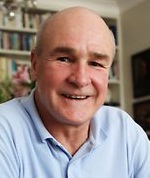
CEO
AJ Lucas
Randall Cox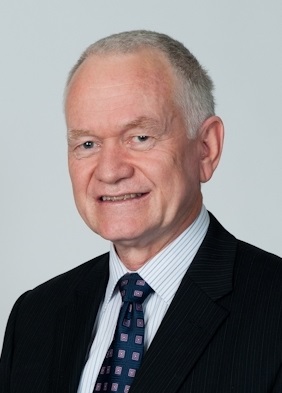
General Manager
Queensland Office of Groundwater Impact Assessment
Randall Cox is the General Manager of the Office of Groundwater Impact Assessment in Queensland in Queensland.
Randall’s background is in groundwater hydrology and water policy. He has been centrally involved in the development of water resource planning, water entitlement and water trading systems in Queensland. Randall played a key role in developing the Queensland regulatory framework for the management of the impacts of CSG water extraction.
Randall is now closely involved in the implementation of arrangements under that framework. In 2012 Randall and his team prepared the Surat Underground Water Impact Report which assesses the cumulative impact of water extraction by petroleum tenure holders in the Surat and southern Bowen Basins and establishes integrated management arrangements.
Sue Dillon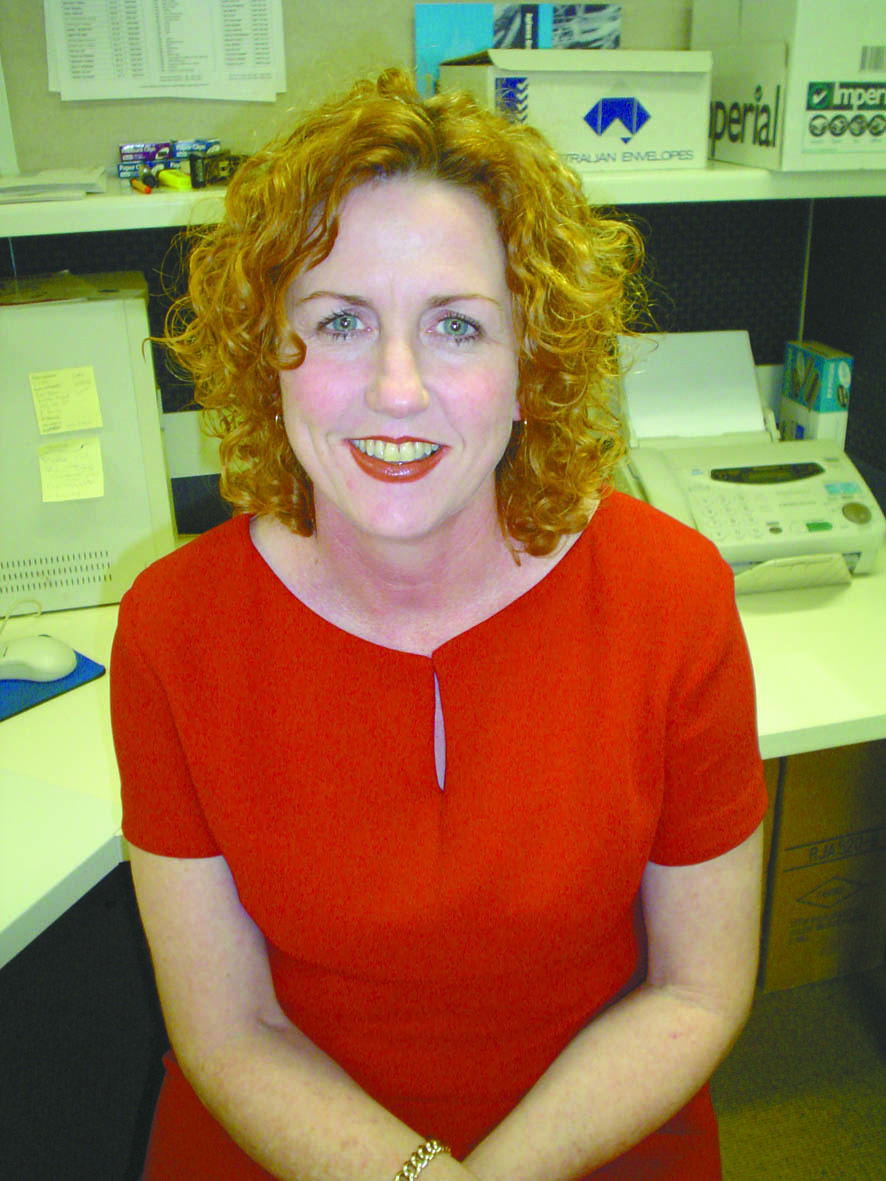
Projects Manager
AgForce
Andrew Garnett
Director - Centre for Coal Seam Gas
University of Queensland
Andrew Garnett is a newly appointed Professor and Director of the UQ Centre for Coal Seam Gas (as well as Director of the UQ CCS Program). The Centre for CSG includes all the main CSG-LNG project proponents and aims to be a leading provider of technical and social science research services in this unconventional sector. A former Shell and Schlumberger executive, Andrew has over 25 years’ world-wide experience with oil majors in conventional and unconventional hydrocarbon exploration, appraisal and development projects. Prior to joining the University of Queensland, Andrew consulted widely on unconventional developments, most notably those with high GHG emissions footprints, and worked on the 500MW, 60 MT ZeroGen IGCC & CCS Project, as manager for Carbon Transport and Storage and ultimately as CEO and Project Director.
Mark Gifford
Chief Environmental Regulator
NSW Environment Protection Authority
Barry Goldstein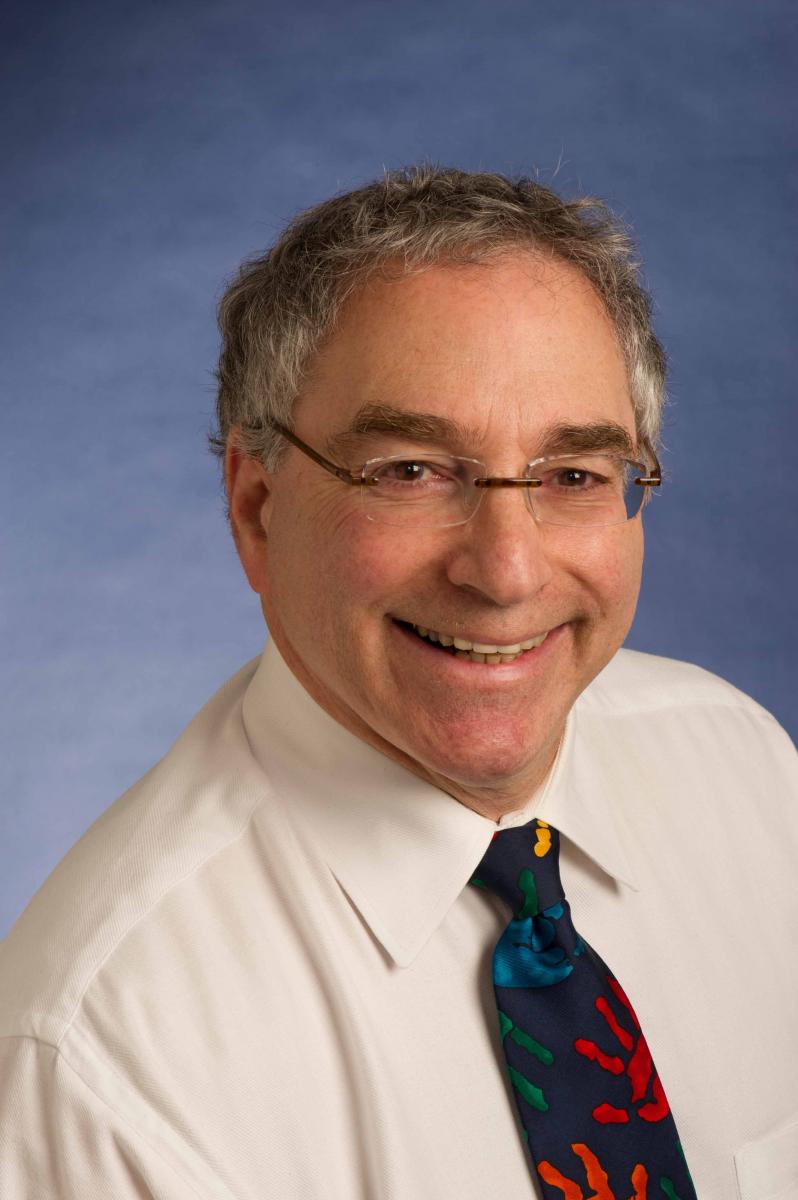
Executive Director Energy Resources
SA Department of Manufacturing, Innovation, Trade, Resources and Energy
Barry Goldstein has more than 30 years international experience in energy businesses.
He is Executive Director for South Australia’s Energy Resources Division, leading a team of geoscientists, engineers, licensing and royalty specialists, and support staff. This is a team of both hunters and games-keeper e.g. both attracts and regulates investment. This team is focused on the delivery of regulatory nirvana for resources projects and published a roadmap for unconventional gas projects in December 2012. This team is also responsible for developing policies for, auditing and collecting petroleum and mining royalties.
He serves on several national (Australian) government committees focused on the deployment of leading practice regulation, the direction of research and investment attraction for petroleum, geothermal energy, and greenhouse gas storage – providing advice to State, Territory and Commonwealth Minerals and Energy Resource Ministers.
Prior to joining the South Australian Government, Barry was Exploration Manager and Chief Geologist for Santos, Chief Geologist - Bridge Oil, and Chief Geologist – Kuwait Foreign Petroleum Exploration Corporation after starting with Phillips Petroleum. He has explored for and discovered energy resources the North Sea, Indonesia, Australia, PNG, and South America.
Barry serves as the American Association of Petroleum Geologist’s Asia-Pacific EMD Councillor, AAPG House of Delegates representative for the Asia – Pacific region, member of the Australian (Federal) Government Expert Panel for geothermal energy, and also serves on the South Australian Centre for Geothermal Energy Research and the Australian School of Petroleum.
Barry is also the Chairman of the organising committee for the World Geothermal Congress 2015 in Melbourne, the Vice-Chair of the Executive Committee of the International Energy Agency’s Geothermal Implementing Agreement, the Chairman for the 2015 World Geothermal Conference, a member of the Board for the Geothermal Resource Council (USA) and Chairman of the Australian Geothermal Energy Group.
He is a past President of the Petroleum Exploration Society of Australia (PESA), and has served on the Boards of PESA (2001-7), the Australian Geoscience Council (2004-7), and the Federation of Australian Scientific and Technologic Societies (2004-7). He is a Coordinating Lead Author for the IPCC’s 2012 Special Report on Renewable Energy (Geothermal), provided the entry covering geothermal energy in Springer’s Encyclopedia of Sustainability Science and Technology and was a member of Australia’s Carbon Storage Task Force. In recognition of his work for the betterment of geoscience, Barry received the AAPG’s Distinguished Service Award in April 2008. He graduated from the University of New York (Bachelors – Geology, 1975) and the University of Missouri (Masters – Geology, 1977). Last, Barry has a sense of humour.
"Regulators must have both the competence and capacity to effectively inform people and enterprises well-ahead of land access being granted so that people have time to draw considered views from trustworthy information. I will be pleased to discuss South Australia’s path to regulatory nirvana for unconventional gas projects."
Andrew Gregson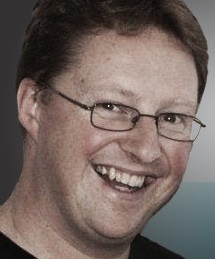
Chief Executive Officer
NSW Irrigators' Council
High-profile lobbyist, Andrew Gregson has headed up the New South Wales Irrigators’ Council since 2007. During this time he also served as founding CEO of the National Irrigators’ Council.
He is a fierce campaigner for the rights of his members and a daunting foe for anyone suggesting their water allocations should be cut.
Gregson has been a prominent commentator in the debate over the Draft Murray Darling Basin Plan.
A barrister and solicitor with qualifications in economics law, from The University of Tasmania and the University of New Mexico, Gregson has also worked as a the chief of staff and state director of the Tasmanian Liberal Party.
Manouchehr Haghighi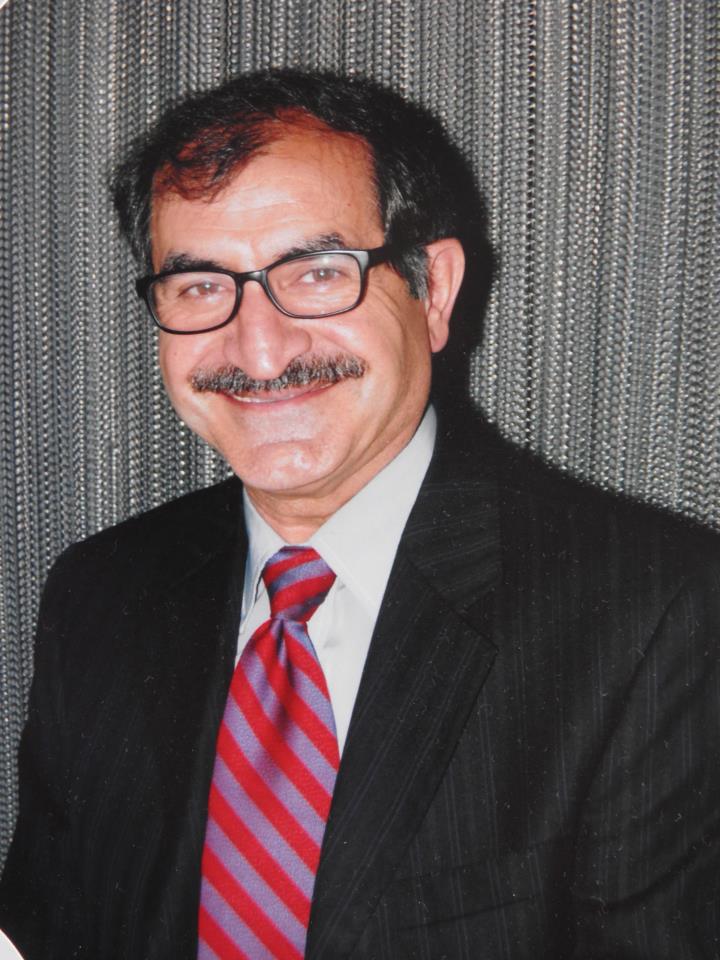
Senior Lecturer
Australian School of Petroleum
Before joining the University of Adelaide in 2009, Manouchehr was associate professor of petroleum engineering at the University of Tehran, Iran. During 2000-2007, he was the head of petroleum engineering program at the University of Tehran and supervised more than 40 MSc and PhD students. In 2000, Manouchehr established Simtech, a consulting company for the integrated reservoir simulation in which he has been project director of several full field simulation projects for Iranian oil and gas reservoirs including Naftshahr, Shanool, Homa, and Varavi.
From 1995 to 2000 Manouchehr was working with National Iranian Oil Company and was the director of a program for training of NIOC staff at several Universities in US, UK, Canada, France Australia, and Norway. Manouchehr was a visiting professor at the University of Calgary from 2007 to 2008.
Manouchehr has published more than 60 articles in peer review journals or presented in international conferences. He has served as a reviewer for different journals such as journal of petroleum science and engineering and active member of society of petroleum engineers (SPE).
Samantha Hepburn
Associate Professor - School of Law
Deakin University
Martin Hoffman
Deputy Secretary
Department of Resources, Energy and Tourism
Tina Hunter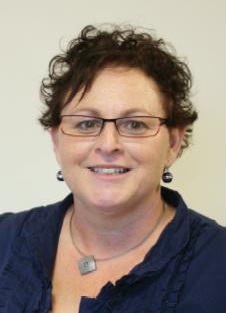
Senior Lecturer
University of Queensland
Dr Hunter teaches and researches in the areas of national and international petroleum law, mining law, property law, administrative law and legal philosophy. She has a long association with Norwegian research institutions and completed her PhD in comparative petroleum law at the University of Bergen. Dr Hunter teaches in Australia, the UK, Russia and Norway, and has provided consulting services to governments both overseas and in Australia. Her expertise was sought by the Commonwealth government regarding petroleum exploration, she drafted the resource management and administration regulations in Western Australia, and has analysed petroleum laws in Western Australia and the Northern Territory.
Prior to to joining the TC Beirne School of Law, Dr Hunter held positions at Bond University and the University of Bergen in Norway.
"There is a need to share knowledge and information regarding unconventional gas activities with the community, industry and governments, and Fracking and our Gas Future is one way for information to be shared."
Deb Kerr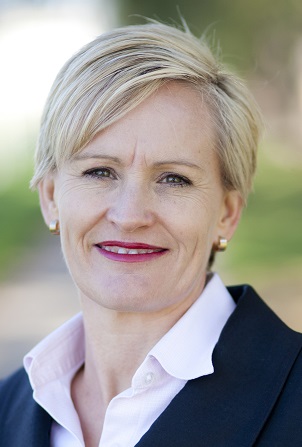
Manager - Natural Resource Management
National Farmers Federation
Deb Kerr joined the NFF as Manager, Natural Resource Manager in April 2008, bringing a wealth of experience to the water portfolio having covered regional, state, federal and Murray-Darling Basin jurisdictions.
In addition to water-related issues including the Murray Darling Basin Plan and the National Water Initiative, Deb’s policy portfolio covers a wide range of other land use areas including climate change, carbon tax, the Carbon Farming Initiative, property rights, mining and coal seam gas and the EPBC Act. Deb is frequently engaged to collaborate with the Commonwealth Government, COAG processes and private sector industry bodies to represent the agricultural sector in land use policy formulation.
Previously Deb has held policy positions covering water, farm business and economics, trade and membership for farm representative bodies. She managed Australia's first on-farm water efficiency project, under The Living Murray Initiative. She has held positions on the State Water Murray Lower Darling Customer Service Committee and the Murray Catchment Management Authority Barmah Millewa Forest Community Reference Group.
Deb holds a Bachelor of Management degree from the University of Sydney, a Diploma from the Australian Institute of Company Directors, and is a graduate of the AICD and Murray-Darling Basin Leadership Program.
Jock Laurie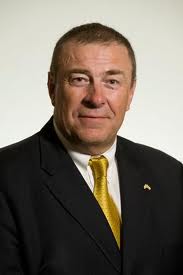
NSW Land and Water Commissioner
Jock Laurie was appointed as NSW’s first Land and Water Commissioner in December 2012.
Mr Laurie has served as President of the National Farmers’ Federation (NFF) since November 2010. He was President of the NSW Farmers’ Association from 2005 to 2009.
Mr Laurie currently chairs the Doyles Creek Mine’s Community Consultative Committee. Jock Laurie has also served as Chair of the Rural Mental Health Network and on the Agricultural Ministerial Advisory Council, the Natural Resources Advisory Council, the NSW Workplace Health & Safety Strategy Review Committee, the AgStart Ministerial Advisory Board, and the Noxious Weeds Advisory Council.
Mr Laurie and his family run fine wool sheep, cross-bred lambs and cattle at their property near Walcha.
"In my role as Land and Water Commissioner I have been travelling across the State and conducting meetings with various industry organisations, farming and community groups and local governments. Fracking and our Gas Future provides an ideal opportunity to hear the latest developments and the views from key industry stakeholders"
Michael Lynch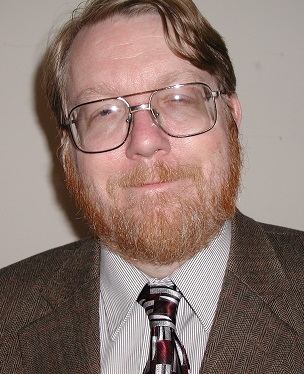
President and Director Global Petroleum Service
Strategic Energy & Economic Research (USA)
Michael C. Lynch is President of Strategic Energy and Economic Research and a lecturer at Vienna University. He has combined S.B.-S.M. degrees in Political Science from M.I.T., and has performed a variety of studies related to international energy matters, including forecasting of the world oil market, energy and security and corporate strategy in the energy industries, as well as analysis of oil and gas supply.
He is best known for his work in two areas: analyzing the forecasting of oil and gas markets, and studying the economics of petroleum supply. As part of that, he has demonstrated the source of the errors in the 1970s oil forecasts and the shortcomings in oil supply models. Most recently, he has been noted for his analysis of peak oil ‘modeling’ which demonstrated that it is based on flawed methods and is essentially unscientific.
He is a former Chief Energy Economist at DRI-WEFA, Inc. a leading economic consulting firm, and a past-President of the United States Association for Energy Economics. He was a Senior Fellow for the USAEE. His publications have appeared in seven languages, as well as English, and he serves on several editorial boards, including for the journal Energy Policy and Geopolitics of Energy and he blogs for the US News & World Report on energy matters.
Gavin Mudd
Senior Lectuer - Environmental Engineering
Monash University
Prof history:
- completed RMIT in Environmental Engineering in 1994, began consulting career in the Latrobe Valley in early 1995, and then PhD from mid-1995 to mid-2001
- Research Fellow Uni of Qld, mid-2000 to early 2002
- Consultant early 2002 to early 2003
- joined Monash as academic in Environmental Engineering in May 2003, and became Course Director in February 2006.
- extensive experience in working with and helping community groups across Australia on understanding the environmental impacts of mining, including how to make sure impacts are minimised and managed properly, as well as extensive international experience and knowledge
Keith Orchison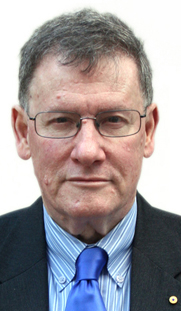
Director
Coolibah Pty Ltd
Keith Orchison has been engaged in the energy industry for 32 years, of which he spent 24 as chief executive of national industry associations dealing with upstream petroleum and electricity. For a decade he was also prominent in the Australian Industry Greenhouse Network, an alliance of 14 associations of energy suppliers and users, which he helped to found. From 2003-07 he served on the Howard government's Critical Infrastructure Advisory Council, chairing its energy committee. He was chairman of the CSIRO energy technology advisory committee in the late 1990s and deputy chairman of the Australian Electricity Supply Industry Research Board through the 1990s. In 2011-12 he has been a member of the Federal Government's energy white paper reference group. He was made a Member of the Order of Australia in 2004.
Today he is a consultant and a writer about energy. He edits the "Powering Australia" yearbook, writes extensively on energy in "Business Spectator" and in other publications in Australia and overseas and is the publisher of the "This is Power" blog and a monthly newsletter on his Coolibah Pty Ltd website (www.coolibahconsulting.com.au). He consults to companies, associations and other consultants in the energy arena.
"Resolving the fracas over fracking would be a major step towards addressing the supply of unconventional gas on the east coast, and especially the supply of coal seam gas for New South Wales. The current state of uncertainty afflicting CSG development needs urgent resolution and a better understanding of both the technology and the concerns of rural stakeholders is a key to achieving this. Speakers for this event have been invited with a strong eye on the need for a better understanding of the points at issue between contending parties."
Tim Rawling
Principal Research Fellow, School of Earth Sciences
University of Melbourne
Stefaan Simons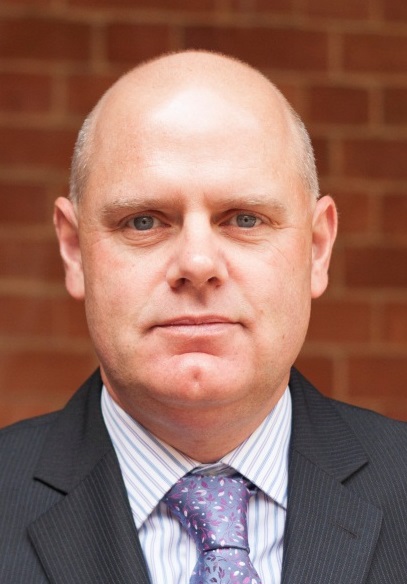
Director
International Energy Policy Institute
Professor Simons, CEng FIChemE, is Professor of Chemical Engineering at University College London (UCL), Director of the Centre for CO2 Technology (http://www.ucl.ac.uk/centre-for-co2-technology/), and Director of the International Energy Policy Institute (IEPI), UCL Australia. His research expertise is founded on particle technology (he is a former Chair of the Institution of Chemical Engineers (IChemE) Particle Technology Subject Group), with a focus on the minerals and pharmaceutical sectors. He has used this expertise to develop low carbon technologies and processes for the energy and chemical industries and was awarded a Royal Academy of Engineering Global Research Fellowship to develop his ideas on the open innovation of such technologies, spending time at University California, Berkeley (2009) and the University of Melbourne (2010). Professor Simons has more than 190 publications in books, journals and conference proceedings and is a member of the IChemE’s Education & Accreditation Forum.
Since 1994 Professor Simons has been working with universities in Kazakhstan and Russia, developing modern chemical engineering degree curricula, and, as the first Dean of Engineering, was responsible for founding the School of Engineering at Nazarbayev University, the new international university in Astana, Kazakhstan’s capital city, of which UCL is the strategic partner for the Foundation Programme and Engineering. He spent 3 years working with NU establishing the School of Engineering, from concept through to the intake of its second student cohort. Completing his secondment to NU at the end of August 2012, Professor Simons then joined UCL’s department in Adelaide, Australia, in September as the inaugural director of the IEPI and BHP Billiton Chair of Energy Policy. Adding value to resources, community engagement and the prospects of a shale gas revolution in Australia are key themes of the institute.
“The prospects of a shale gas revolution are creating great excitement across Australia, particularly in those states with potentially significant resources. Whether the revolution will ever materialise depends on a whole host of factors, not least the geological characteristics, the policy and regulatory frameworks, the environmental impacts and public opinion. For this reason, this conference is timely and important and a must for all those with a stake in the Shale Gas future.”
Peter Stone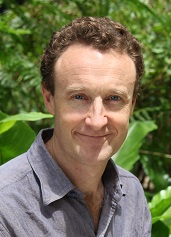
Director
Gas Industry Social & Environmental Research Alliance
Peter Stone is Deputy Director, Sustainable Agriculture Flagship, CSIRO, and the Director of GISERA, the Gas Industry Social and Environmental Research Alliance. GISERA is a vehicle initiated by Australia Pacific LNG and CSIRO to foster collaborative public good research into the social and environmental challenges and opportunities associated with Australia’s growing gas industry.
Peter’s work history includes farm management, food industry consulting, grain marketing and agricultural research. For much of the last 15 years, his research has focused on the use of contested land-based resources, seeking to understand the intersection of a range of scientific, community and industry perspectives.
“Growing concerns surrounding the development of Australia’s unconventional gas resources are leading to significant community reactions and potential policy changes. The role of science is to provide reliable information, new and current, that can clear up some of the unknowns and help the community, governments and industry make informed decisions about the extent and methods by which unconventional gas resources can contribute to meeting growing energy needs.”
Nathan Taylor
Chief Economist
Committee for Economic Development of Australia (CEDA)
Ian Woodward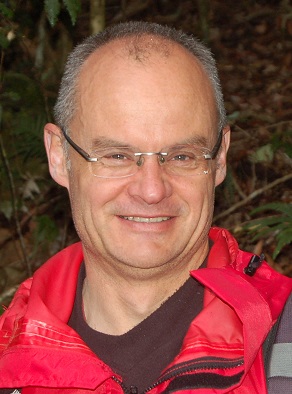
Principal Environemntal Scientist
Pitt&sherry
Dr Ian Woodward obtained a PhD in mathematical ecology in the mid-1980’s and initially worked in fisheries stock assessment with the Tasmanian Department of Sea Fisheries. He moved into environmental monitoring of salmon farms as that industry took off in Tasmania. This role then morphed into the approval and regulation of all types of marine farms (eg. oyster farms, salmon farms) and Ian was instrumental in developing the early marine farm planning zones for the State.
In the early 1990’s, Ian moved out of sea fisheries into Tasmania’s environment department, initially in the scientific section and then into operations. Ian had a 2 year stint with the NSW Environment Protection Authority as Regional Manager North Coast in the mid-1990’s before returning to the Tasmanian environment department to ultimately become statutory Director of Environmental Management, the State’s principal environmental regulator.
In the late 1990’s Ian left government and became Principal Environmental Scientist with pitt&sherry, one of Tasmania’s largest engineering and environmental consultancies. pitt&sherry has three offices in Tasmania and also offices in Melbourne, Sydney, Brisbane and Canberra. In his 15 years at pitt&sherry, Ian has worked on most of Tasmania’s largest projects, including Basslink, the Bell Bay pulp mill and a number of mines in the Tarkine.
Having worked on both sides of the approval table on numerous controversial projects, Ian has a well rounded perspective on approval processes and how well they work on contentious projects.
Ian was invited to present at the conference as a result of his recent submission to the Productivity Commission’s study of Major Project development Assessment Processes. For some time now, Ian has been advocating for staged approvals as a means of better focusing attention earlier on fundamental go-no-go issues, so that developers and the community alike obtain decision certainty more quickly, with studies not relevant to those fundamental questions being deferred unless and until the project has been approved. Ian argues that staged approvals are more relevant and appropriate to the way people actually think rather than the way they are wrongly assumed to think by the current approval processes.
"For some time now, I’ve been advocating for staged approvals so that developers and the community alike obtain decision certainty more quickly. Dealing with contentious approvals is a fact of life common to many industries and I hope that my suggestions strike a chord with the gas industry."
Rick Wilkinson
Chief Operating Officer – Eastern Australia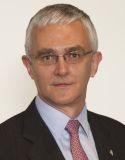
Australian Petroleum Production and Exploration Association
Rick Wilkinson is the Chief Operating Officer – Eastern Australia for the Australian Petroleum Production and Exploration Association, the peak industry association for the upstream petroleum industry.
Prior to this role, he held various positions with Santos including Vice-President Commercial, and President GLNG and Queensland where he oversaw the initiation and definition of the $16 Billion GLNG project.
Before joining Santos, he has been an Associate with management consultants, McKinsey & Co., and held various managerial and engineering positions with Schlumberger in Iran, Iraq, Egypt, Sudan and the USA.
Rick has been appointed a Gas Fields Commissioner by the Queensland Government.
He has a first class honours science degree majoring in nuclear physics at Melbourne University.

